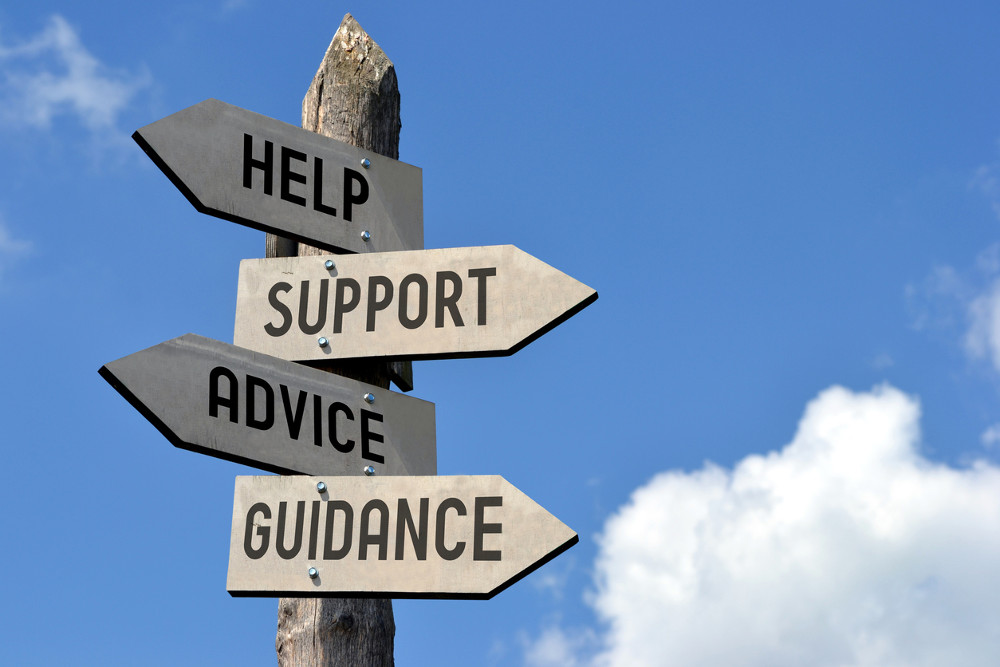 As we celebrate our 75th anniversary, it’s interesting to note that the topic of preventing physician burnout has been around for a long time. In fact, in his 1966 presidential address at the Annual Scientific Meeting, Lowell Henderson, MD, FACAAI offered advice on how to prevent burnout. His message was that practicing allergists need to be scientists and should be continually investigating and asking questions. This, he said, will give freshness and interest to life, keep your intellect active and enrich your profession.
As we celebrate our 75th anniversary, it’s interesting to note that the topic of preventing physician burnout has been around for a long time. In fact, in his 1966 presidential address at the Annual Scientific Meeting, Lowell Henderson, MD, FACAAI offered advice on how to prevent burnout. His message was that practicing allergists need to be scientists and should be continually investigating and asking questions. This, he said, will give freshness and interest to life, keep your intellect active and enrich your profession.
Fifty years later, Mark O’Hollaren MD, FACAAI and Abraham Verghese MD, MACP captivated audiences at the 2016 Annual Scientific Meeting with their keynote presentations, Why Reinvention of the DoctorPatient Relationship is Key to Physician Led Health Reform, and The Care in Caring: Finding what is Timeless in an Era of Change, respectively. These presentations hit a nerve with allergists, and the College responded by creating the Physician Well-Being Task Force to focus on how to help members address and prevent burnout.
What has the task force been up to? First, we are in the final stages of conducting a confidential burnout survey of practicing allergist members in the U.S. and Canada. We’re using the gold standard of burnout surveys for the medical profession: the Maslach Burnout Inventory Human Services Survey. As a bonus, every member who completes the survey has the option of receiving an individualized report of their personal well-being.
The preliminary group survey results are fascinating. Allergists are more emotionally exhausted than the general medical population, but experience less depersonalization (an unfeeling and impersonal response toward patients). They also feel a stronger sense of personal accomplishment than other medical professionals.
Gailen Marshall, Jr., MD, PhD, FACAAI, chair of the Physician Well-Being Task Force, explains, “The task force on physician wellness is composed of College members who have a vital interest in the health and well-being of our members. The concerns about the possibility of burnout among our colleagues has triggered a concerted effort to determine the extent of the risk.”
Second, we are conducting focus groups to get more in-depth information about allergists’ individual experiences related to burnout and well-being. “As these data are gathered and analyzed, the members of the task force are committed to finding and implementing strategies that will allow the College to assist those at risk and develop actions aimed at preventing future risk,” said Dr. Marshall.
Finally, the task force has established a Facebook group to establish lines of communication with members to share information and perspectives about obstacles to allergist well-being. Search “ACAAI physician well-being group” on Facebook today and request to join the group!
